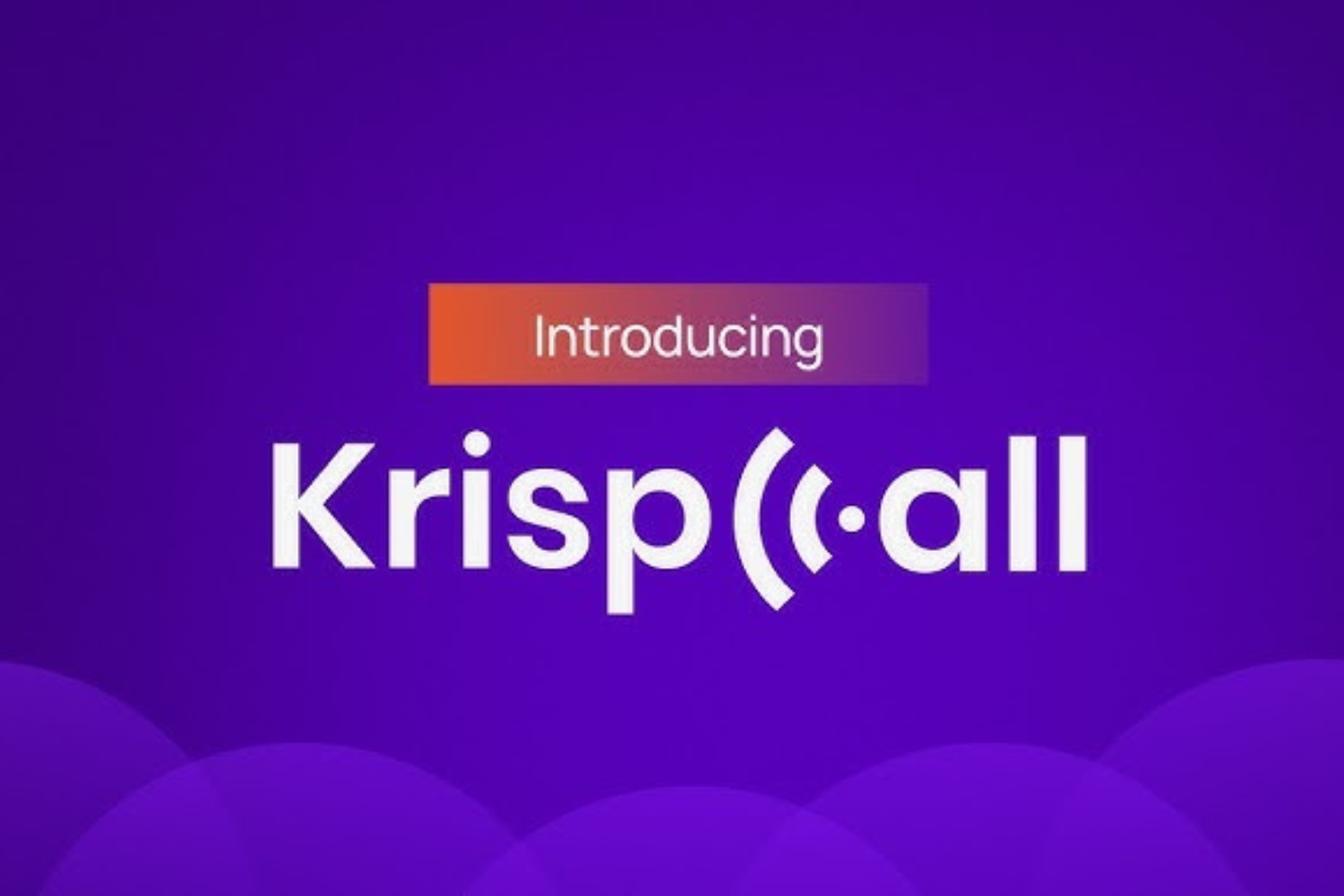Follow to the end and learn how to go about Marketing your eCommerce Business Online using the right SEO strategies. Regardless of the sphere, having a successful business is the aim of every business owner. Have you ever thought of your current eCommerce business experience of how to market it successfully? Or have you ever taken into account the most significant points?
In the last two decades, the widespread use of eCommerce platforms such as Amazon and eBay has contributed to substantial growth in online retail. Innovative ecommerce businesses have transformed how we shop today and redefined what is possible. In 2011, eCommerce business marketplaces and stores accounted for 5% of total retail sales, according to the U.S. Census Bureau.
By 2020, with the start of the COVID-19 Pandemic, it had risen to over 16% of retail sales. To exceed your competitors by your success in the right eCommerce business tool? In reality, there are many challenges in the eCommerce business. Not to mention which are easy to overcome if you consider specific business development steps. On the other hand, it can take on various forms.
While at the same time involving different transactional relationships between businesses and consumers. As well as additional objects being exchanged as part of these transactions. So, which are the essential eCommerce business types? Technically, eCommerce is a business model allowing businesses and consumers to purchase or sell things online. Let’s learn more about that…
Understanding The Most Common eCommerce Business Types In Marketplaces
Independent freelancers, small businesses, and large corporations have all benefited from eCommerce marketplaces. It enables them to sell their goods and services at an impossible scale with traditional offline retail. Whether your growth stage or business model, a strategic eCommerce business plan powered by SEO marketing can position your business for its maximum potential.
If you want to innovate and defy expectations—if you’re going to separate your business from all of the others online—you’ll need to know what business model works best for you and how you can leverage that into tremendous success. There are many different types of eCommerce Business Models to choose from, and today they make it easier than ever for creative founders to see results.
An advantage of the online marketplace is that there will always be a market for what you want to sell—you need to know precisely what that is. Before a business can take off, you need to understand what is currently being sold online and what you are interested in tapping into. Consider your customers’ expectations when purchasing the new product you plan to sell.
You’re most likely to succeed if you understand their behaviors and habits and find ways to improve them or save money. To accomplish this, you’ll need to look for pain points in how things are currently done at your company. This is an opportunity for innovators to carve out a space to improve customer relations and overall satisfaction. Next, ensure you know where you belong.
1. Retail:
The sale of a product by a business directly to a customer without any intermediary.
2. Wholesale:
The sale of products in bulk, often to a retailer that sells them directly to consumers.
3. Dropshipping:
To enumerate, dropshipping business is the sale of a product manufactured and shipped to the consumer by a third party.
4. Crowdfunding:
The collection of money from consumers in advance of a product is available to raise the startup capital necessary to bring it to market.
5. Subscription:
The automatic recurring purchase of a product or service regularly until the subscriber cancels.
6. Physical Products:
Any tangible good that requires inventory to be replenished and orders to be physically shipped to customers as sales are made.
7. Digital Products:
Downloadable digital goods, templates, courses, or media must be purchased for consumption or licensed.
8. Services:
A skill or set of skills provided in exchange for compensation. The service provider’s time can be purchased for a fee.
Getting To Known What An eCommerce Business Marketplace Entails
Generally, eCommerce, also known as electronic commerce or internet commerce, refers to the buying and selling of goods or services using the internet. And also the transfer of money and data to execute these transactions. ECommerce is often used to refer to the sale of physical products online. But, it can also describe any commercial transaction facilitated through the internet.
Whereas eBbusiness relates to all aspects of operating an online business, eCommerce refers to marketing goods and services. Platforms that host e-commerce transactions include marketplaces that sellers sign up for, such as Amazon; Software-as-a-Service (SaaS) tools that allow customers to “rent” online stores; or open-source tools for companies to manage their in-house teams.
The history of eCommerce begins with the first-ever online sale: on August 11, 1994. A man sold a CD by the band Sting to his friend through his website NetMarket (an American retail platform). This is the first example of a consumer purchasing a product from a business through the World Wide Web—or “eCommerce” as we commonly know it today.
Since then, eCommerce has evolved to make products easier to discover and purchase through online retailers and marketplaces. It’s essential to realize that global retail eCommerce sales will reach $47 trillion by this year (2023). Not to mention there are four main types of ecommerce models. And that can describe almost every transaction between consumers and businesses.
The internet powers eCommerce. Customers access an online store to browse and order products or services via their devices. If you’re starting an ecommerce business, odds are you’ll fall into at least one of these four general categories. Each has its benefits and challenges, and many companies simultaneously operate in several. Knowing what bucket your idea fits in can help.
Consider these models:
- Business To Consumer (B2C): When a company sells a good or service to an individual consumer (e.g., You buy a pair of shoes from an online retailer).
- Business To Business (B2B): When a business sells a good or service to another business (e.g., A business sells software-as-a-service for other companies to use).
- Consumer To Consumer (C2C): When a consumer sells a good or service to another consumer (e.g., You sell your old furniture on eBay to another consumer).
- Consumer To Business (C2B): When a consumer sells their products or services to a business or organization (e.g., An influencer offers exposure to their online audience in exchange for a fee, or a photographer licenses their photo for a company to use).
Getting Started With eCommerce Business SEO For Online Storefronts
First, Search Engine Optimization (SEO) is optimizing your website to rank higher in search engine results pages and attract more qualified traffic. Secondly, regarding eCommerce, SEO is significant because it can help you attract users actively searching for products like the ones you sell. In today’s competitive digital landscape, having an effective SEO strategy is more critical than ever.
Achieving a high ranking on Search Engine Results Page (SERP) is essential for driving organic traffic, increasing visibility, and, ultimately, making your digital marketing efforts successful. A key aspect of SEO is On-Page audit—optimizing web pages for better rankings and relevant traffic. You can drive more targeted traffic by improving your website’s visibility and ranking in search results.
You can also increase sales and revenue. By investing in SEO, ecommerce businesses can effectively compete in a crowded online marketplace and stand out to potential customers. Technically, eCommerce SEO has many different strategies focusing on one thing! And which is getting an ecommerce store on the first page of Google and driving traffic to it!
But this can be a pretty daunting feat for anyone, let alone anyone new to the SEO world. So, I will outline some of the best strategies you can use to give your eCommerce store the SEO boost it needs. Some critical strategies for SEO in ecommerce include optimizing product pages for relevant keywords, building high-quality backlinks, and improving website speed and user experience.
Site Audits
Getting your ecommerce website audited is the most critical first step you should take. It allows you to fix issues and ensures your website is built upon solid foundations. You wouldn’t paint a wall before fixing the holes, would you?
The same can be said for your website. You won’t start building links or optimizing your site if it has underlying issues that need attention. Now you understand why you should complete a site audit, let’s peek at some of the things you need to look for.
Here they are;
- First, duplicate content,
- Secondly, missing Canonical Tags,
- Then, missing Alt Tags,
- Or missing or Duplicate Title Tags,
- 404 Error Pages,
- Deindexed Pages,
- 302 Redirects,
- Lastly, missing or Duplicate Meta Descriptions.
Many tools are available that do all the hard work for you! And my favorite application tool is Ahrefs.
Keyword Research & Optimization
Keywords still significantly influence Google’s ranking factors, so the research must be taken seriously. There’s no use ranking for keywords that don’t bring you qualified traffic. So with that in mind, here are the 4 factors for you to consider when researching keywords for your ecommerce store.
- Search Volume – review other high-traffic keywords and use those as a benchmark
- Relevance – to pick relevant keywords, you only need to consider what your product can offer and whether it matches the keyword.
- Competition – be realistic with the keywords you choose to rank.
- Intent – you need to attract people who are in the correct stage in the sales funnel.
Use a couple of tools that make all the hard work out of keyword research. Let’s start by looking at SEMrush, which has a nifty feature called “Keyword Difficulty.” This shows you the top 10 pages that rank for a specific keyword and their domain strength. It also gives you the keyword difficulty as a percentage.
On-Page SEO
You need to be aware of several On-Page SEO techniques and, more importantly, act upon them. Realistically, search engines use keywords and other on-page SEO elements to check whether a page matches a user’s search intent. And if the page is relevant and valuable, Google serves it to the user. In other words, when ranking pages, Google pays attention to on-page SEO signals.
The Google algorithm is constantly changing, but Google continues to prioritize user experience. Google recommends focusing on “people-first content.” Meaning creating valuable content that matches user intent is more important than ever. Now, let’s look at how you can update your content to reflect on-page SEO best practices.
Site Structure
Google crawlers will look at the architecture of your website, and you get brownie points if its….simple. A quick way to figure this out is to see if you can get from your homepage to your product pages in three clicks or less. If you can’t, then you have some work to do!
Internal Linking
Internal links are vital because they are links you have complete control over. They help Google recognize new content, you can use your higher authority pages to link to ones you wish to promote, and they keep visitors on your website longer.
Mobile Version of Website
With everyone walking around with their heads on their phones most of the time, it makes sense that your ecommerce store is mobile-friendly!
Customer Reviews
Testimonials and reviews work because people like to see what experience others have had before they buy. This is called ‘social proof,’ you can use this to increase your customers’ trust and conversion rate.
Rich Snippets
By all means, Rich Snippets are a great way to indirectly increase your SERP as they encourage more clicks resulting in higher traffic. Google will see how many clicks you get compared to others, and your rankings will improve.
Integrating Social Media
Rich Snippets are a great way to indirectly increase your SERP as they encourage more clicks resulting in higher traffic. Google will see how many clicks you get compared to others, and your rankings will improve.
Website Content Marketing
Having a blog on your eCommerce website opens you up to a whole new level of marketing with a massive increase in opportunities for traffic. Keep it relevant and write posts your audience finds interesting and helpful. Remember, with content; it’s quality, not quantity.
Website Speed
Speeding up your website can and will have a massive impact on your earnings! Any store takes over 3 seconds to load and waves goodbye to nearly 40% of visitors. Get a speed test done quickly and easily with GTmetrix.
Backlink Building
We already talked earlier about internal links, but I have saved this SEO strategy till last because it is the best SEO method of getting noticed by Google. First, let’s understand what I mean by ‘link building.’ Google views every link that points to your website as a recommendation. The more you have, the higher your rank drives more website traffic.
So building links is something that every website owner should have on their agenda! However, not all links have the same impact on your SEO. Links from high-authority websites will help you massively, while links from low-quality websites won’t help and may even be harmful. So with that in mind, I will show you my favorite link-building method.
Competitor Backlinks – My favorite strategy!
This method lets your competitors do all the hard. It is straightforward! Find out who is already linking to your competitors and how. It could be a guest post, a testimonial, a forum post, or answering a Quora question.
Set up an Excel spreadsheet, then add the top 10 websites for your keyword from the Google search results. There are a lot of other methods to link building for ecommerce stores, and the trick is to try them all and find out what work’s for you!
The Topmost Best Practices To Start A Successful Storefront Business
In recent years, eCommerce has exploded in popularity and innovation. For businesses looking to take the next step into the digital world, understanding what business models to use and how to leverage them can make the difference between a successful business and one you never hear about again. Look for solutions designed to help your businesses build, innovate and grow.
In layman’s language, starting or running a business can have a powerful impact on your life and those around you. But it would be best if you start. But deciding to create your own business can seem daunting if you’ve never done it before. Luckily, plenty of other entrepreneurs have, and you can benefit from the wisdom they gleaned from their successes—and their mistakes.
A value delivery method is how a product is designed to bring the most value to customers who are using it. For example, if your business model is the car, your value delivery method is the engine. Of course, a hybrid ecommerce platform can meet the needs of B2B and B2C markets. Many online brands are B2B and B2C since you do not need a separate ecommerce site to sell the B2B model.
Instead, you can optimize site engagement and SEO on a single URL and use customer groups to allow personalized browsing experiences for your B2B segment. Below are some of the proven ways to start an eCommerce business online.
1. Create a website for marketing your business
The first step for building strong imagination about your business and having evident growth is giving in-depth information about what you suggest (including the details; product, service, quality, price range, conditions, etc.).
This can be done with a simple website. Through several free-website builders, one can easily customize and share the content quickly. However, many websites can suggest similar products and services to avoid being out of the market.
2. Marketing eCommerce business by SEO strategy
To be in the ”first lines” you should cultivate a robust eCommerce SEO strategy. SEO will make your website more visible, available, and easily accessible. It plays a significant role in the eCommerce business, as when your website appears at the top of SERPs, you quickly get access to your potential clients.
Here it is essential to mention that a successful SEO strategy will broaden the chances for the success of your eCommerce business, and in case you choose an eCommerce SEO audit service with proven experience, you can say that the first step of your prosperous plan is accomplished.
3. Make use of social media marketing
It is indisputable that social media has become an inseparable part of everybody’s life. Millions of people around the world deal with it every day. Social media accounts will give opportunities to all your clients to connect with the company, read about and get familiar with the products, and contact information from other clients about the details of the products and services.
Through these actions, they get their feedback. Through several famous social platforms like Facebook, Twitter, LinkedIn, Instagram, Pinterest, etc., you not only get in touch and directly face your potential customer’s needs and read reviews, but you also considerably advertise your business and bring remarkable fame to it.
So, create social media pages, spread maximum information about what you suggest, and develop your unique social media marketing strategy; through these strategies, be sure to achieve your eCommerce business goal.
4. Use a blog to market your business
Blogging has as well become a necessary part of leading business online. By starting a blog, you will undoubtedly feel the business development, in terms of search visibility, as the more original posts you make, the more the chances of being the leading one in the marketplace will be. Besides, your blogging allows having your unique content, which can, later on, be spread in different areas.
Not only blogging yourself but also showing off your experience in similar industry blogs will be a good idea. So, you get clients and fix your place in the marketplace by leading your business sphere with your best suggestions and showing your priority compared to similar businesses. Additionally, joining a relevant online community is another step for marketing a successful eCommerce business.
Introducing and giving information about what you suggest is equally essential as the quality and the product or service itself. As the online community does not separate people in their languages, this is also a great chance to market your eCommerce business worldwide, regardless of their language.
5. Take advantage of free email marketing services
For those who want to have an individual approach to everyone here, free email marketing services will come to help. By choosing a good service, you can influence your customers, which will catch their attention immediately. This strategy will keep you in contact with customers, and through the helpful information sent to them, they will be in detail aware of what you suggest.
6. Make sure your post videos
Last but not least, as some people like to get information by watching and listening rather than reading, video channels help (for example, Vimeo, YouTube, etc.). Making videos that describe your products and be much more informative is the key to your business success. In conclusion, by following specific steps, online marketing business becomes easy using various measures.
Such as follows:
- creating a website,
- sharing your business details on social media accounts,
- starting a blog,
- showing your experience in other industry blogs,
- using email marketing and posting videos.
Other valuable and related topics:
- What Is Search Engine Optimization (SEO)?
- Email Marketing Masters Guide In Publishing
- Affiliate Marketing | Digital Online Marketer Strategic Plan
- Online Business Branding | Beginners Strategic Guides
- Why Brand Authority Matters | 10 Topmost Optimization Steps
In a nutshell, marketing your eCommerce business online can open new horizons for your business. In addition, it will help every business owner to get a unique experience and develop the business.




